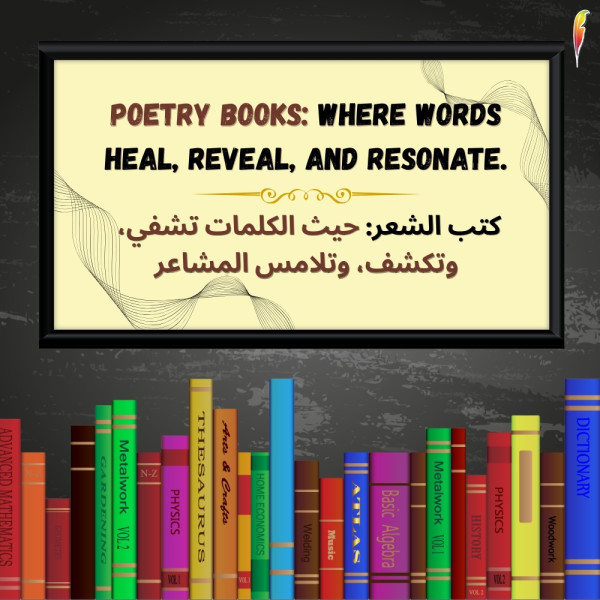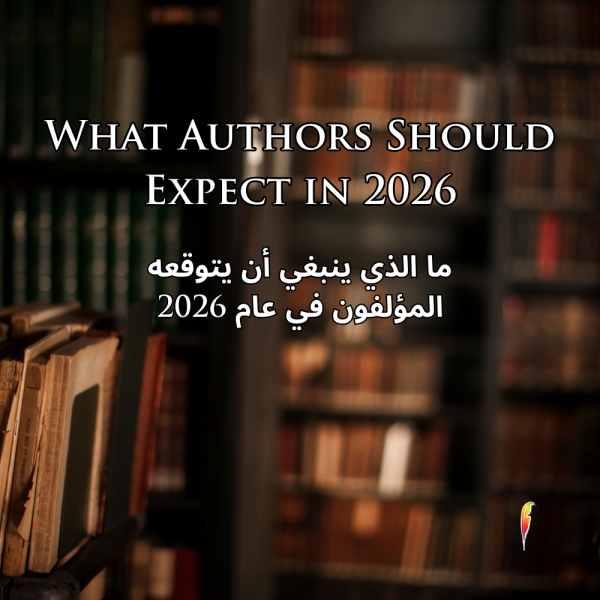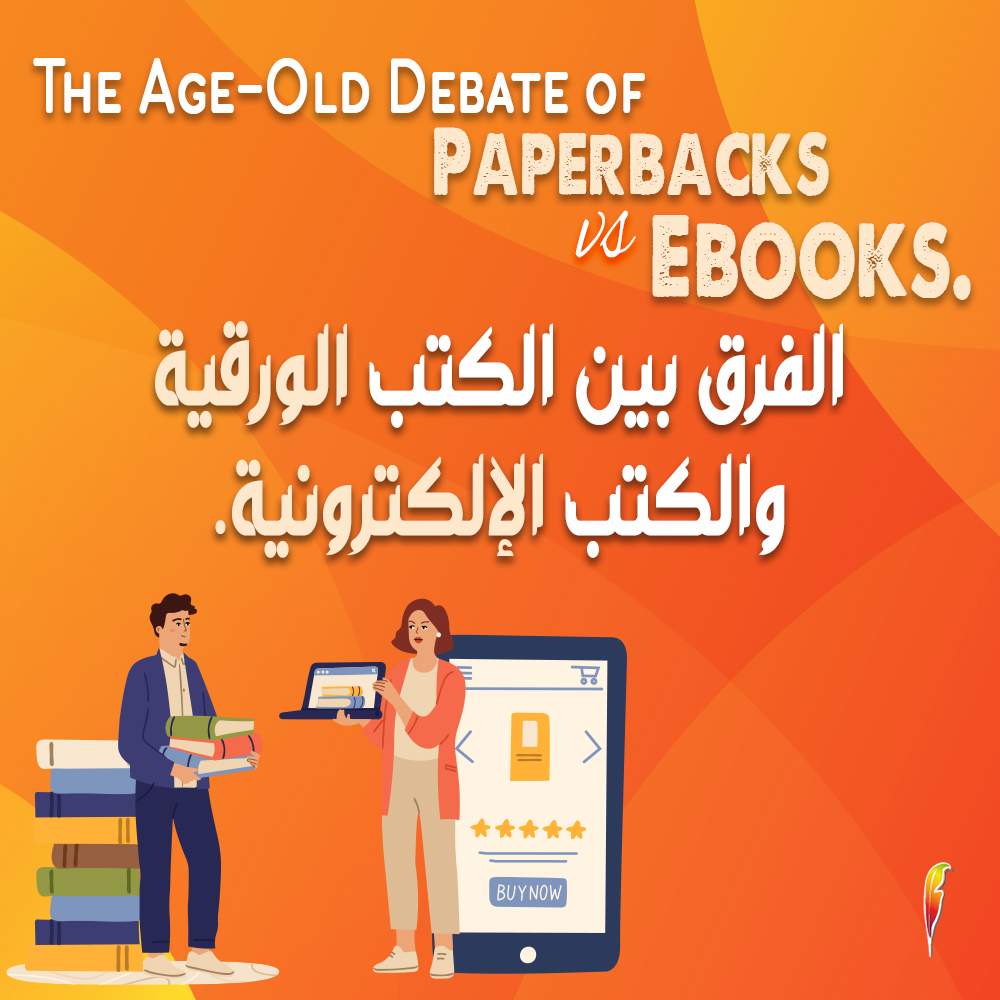Not long ago, it was predicted that print books would become obsolete. Although that hasn’t quite happened so far, are we moving towards a completely digital future? Will the coming generations flipor swipe pages ?
In today’s world, technology encompasses every aspect of our daily life. New technologies come and replace old ways of doing things. However, when it comes to books, new technologies such as kindles and reading tablets haven’t been able to replace traditional paperbacks – at least not in the way it was assumed it would. In this blog, let’s take a deep dive into these competing formats and find out which one is better.
The Factors Involved
For some people, the debate of paperbacks versus ebooks is one that is an open and close case. However, to truly decide which is better, we must judge based on the factors contributing to the overall reading experience. The factors which we will be considering are as follows:
- Accessibility
- Features
- Information Retention
- Emotional Attachment
- Cost
- Environmental Impact
Paperbacks
Good old paperback books are the obvious choice for traditionalists. They have been around for decades and aren’t going anywhere without a fight.
The Pros
There are several advantages to consuming the pages of a published print book. According to recent studies, you are more likely to retain information from a physical page than a screen. Aside from this, most people find paperbacks a lot easier to consume and enjoy on account of being eye-friendly. Hence, it feels more effortless to fully immerse yourself in a fictional world via a print book than an ebook.
And let’s not forget the feeling! There’s something about curling up with your favorite book on a rainy day. Something about flipping and sniffing the pages, something authentic that makes you feel more connected to what you’re reading. Paperbacks are very closely related to feelings of nostalgia, so even if you were to convince someone that ebooks are better in every conceivable way, the feeling of holding a book is one that is impossible to emulate.
The Cons
One of the downsides of paperbacks is that they are not very portable. Sure, you can throw a book in your bag, but this will become difficult when it comes to heavier and bulkier novels. Plus, chances are you are probably not carrying multiple books around so you’re limited to certain books.
The cost must also be considered. Of course, you can borrow books from your local library, but if you are an avid collector and wish to fill your bookshelves, reading is a hobby that drains your wallet.
Lastly, as appealing as it is to flip through the pages of a book, it is important to remember the massive environmental impact of mass-producing books. The primary component of books being paper means chopping down trees for your favorite books to come to life.
EBooks
Ebooks intended for the tech-savvy, on-the-go readers first started gaining popularity in 2007, coinciding with the introduction of the Kindle. Since then, the increasing availability of e-content is encouraging more readers to partake in the digital consumption of books and to trade paperbacks for an ebook reader.
The Pros
The best quality that ebooks flaunt is that they provide instant access to a large selection of books. You can access the books in your ebook library at any time. This presents the option to alternate between different books even when you are out and about.
Ebooks are great because of the interactive features that come with many ebook readers. These features include brightness adjustment, an automatic bookmark, a built-in dictionary, and even a search bar within the book. In addition, some readers with disabilities, for example, poor eyesight or dyslexia, may utilize the magnification feature to make electronic text easier to read. Ebooks also allow for note-taking and annotating just as you would a physical book.
Regarding cost, we need to consider both the ebook reader and the ebooks. Most people nowadays own a smartphone, tablet, or computer, meaning they don’t have to pay anything new for an ebook reader. They can start buying books by downloading the appropriate app. Most ebooks are significantly cheaper than paperback versions, and you can usually find classics for free!
Naturally, reducing the production of books will positively impact the environment. Even though the manufacture of ebook readers produces its own waste, it is minimal compared to paperbacks.
The Cons
Ebooks have the potential to be distracting to the reader. Since you are reading on some electronic device, you can’t always escape the notifications, links, and ads. It makes it harder for a fully immersive reading experience. Additionally, extended reading on a screen can lead to eye strain.
If you are traveling to remote places where electricity isn’t available you are better off with traditional paperbacks. Imagine you nearing the climax of a novel and suddenly your device turns off. You can read for the length of the charge of your device ,which is a massive inconvenience.
The Verdict: What’s the future of reading?
So, what have we learned? In short, ebooks are portable, efficient, and cost-effective but cannot give the same immersive experience as a print book; as far as books go, there’s nothing like the real thing. The choice of medium to use comes down to what kind of experience the reader desires.
Ultimately ebooks will not be the end of the road for paperback books but rather a complementary product that should benefit the book publishing industry. Instead of pitting them against one another, we must learn to appreciate the coexistence of both mediums.




